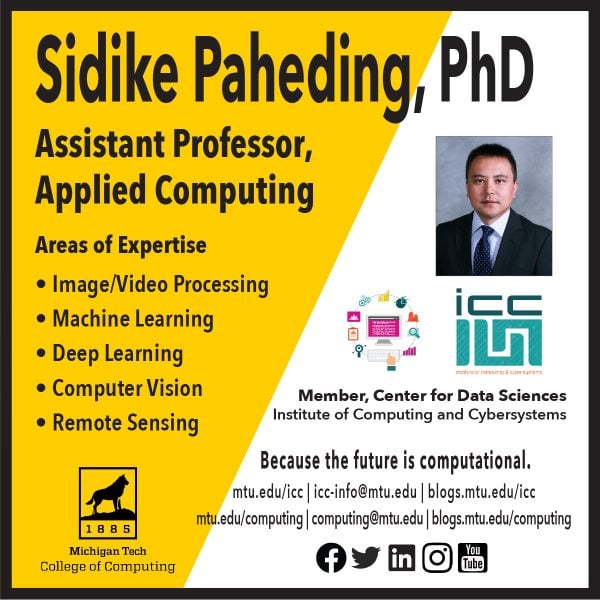
The 2021 EAI International Conference on Applied Cryptography in Computer and Communications (AC3 2021) takes place May 15-16, 2021.
Dr. Bo Chen, Computer Science, founding general chair of the new EAI conference, says the conference has brought together researchers, developers and practitioners from around the world who will focus on, discuss, and explore the area of applied cryptography in computer and communication systems.
Conference Topics
Conference topics include all aspects of applied cryptography, including symmetric cryptography, public-key cryptography, cryptographic protocols, cryptographic implementations, cryptographic standards and practices, as well as using cryptography to solve real-world problems.
Technical Program
The AC3 2021 technical program includes four main conference tracks at which 11 papers will be presented virtually in oral presentations.
- Track 1 – Blockchain
- Track 2 – Authentication
- Track 3 – Secure Computation
- 4 – Practical Crypto Application. Aside from the high-quality technical paper presentations, the technical program also features two keynote speeches, and one technical workshop.
Keynotes
The two keynote speeches will be delivered by Prof. Kui Ren (ACM Fellow, IEEE Fellow), Zhejiang University, China; and IEEE Fellow Prof. Robert Deng, Singapore Management University.
Workshop
A workshop, the First International Workshop on Security for Internet of Things (IOTS 2021), includes four technical papers which aim to develop cryptographic techniques for ensuring the IoT security. The conference, originally planned to be held in Xiamen China, was moved it online for the health and safety of participants.
Register to participate in the virtual conference here. Use the “Sign up for free access to the livestream” option.
European Alliance for Innovation (EAI) is an international professional community and a nonprofit organization. The goal of EAI is to empower the global ICT research and innovation community, and to promote cooperation between European and International ICT communities.
EAI Conferences span the globe with opportunities to meet, explore, and contribute to the world of ICT research. With 100+ annual events (including MobiQuitous, SecureComm, etc.), EAI is one of the world’s most prolific scientific communities.
EAI Conferences are published via Springer’s LNICST and EAI’s EUDL, and they are indexed in all leading indexing services, including EI, ISI, Scopus, CrossRef, Google Scholar, dblp, MAS, EBSCO, Microsoft Academic Search, CiteSeerX, and more.
